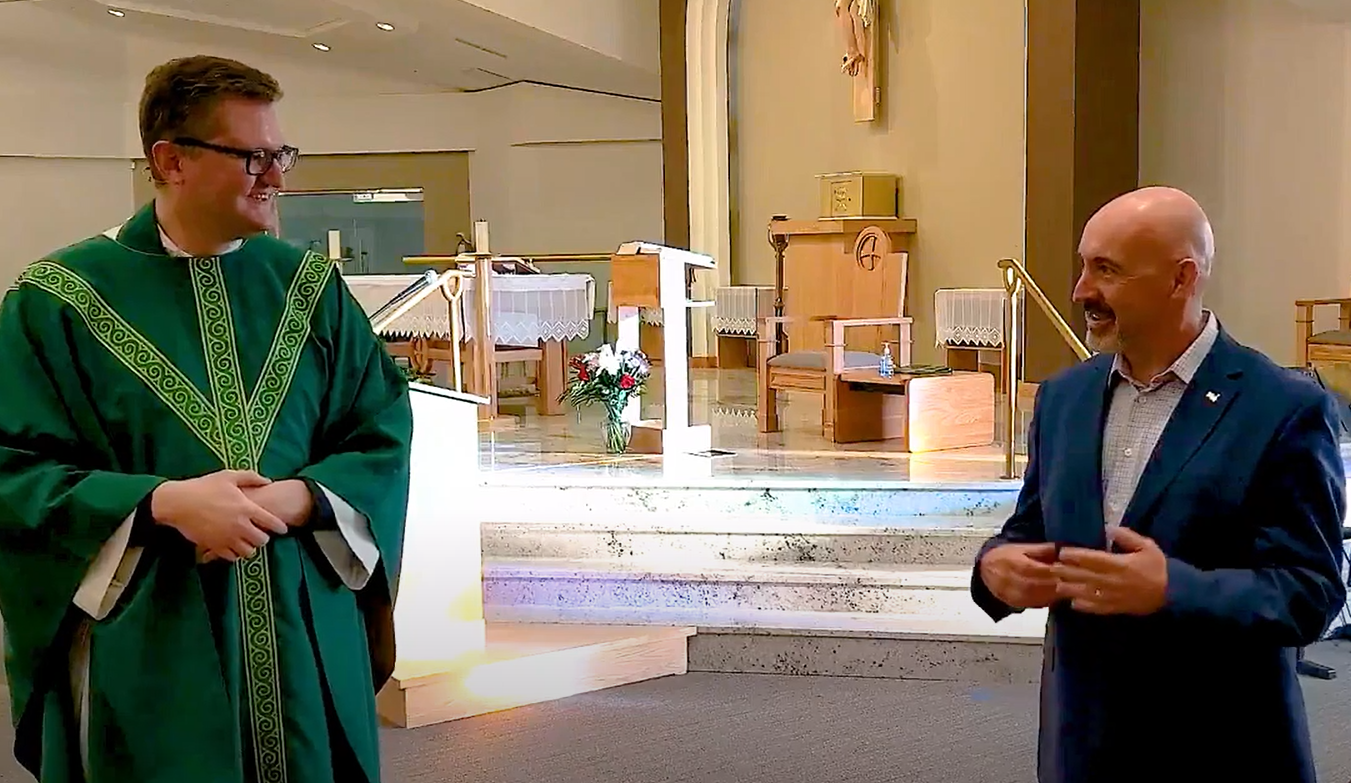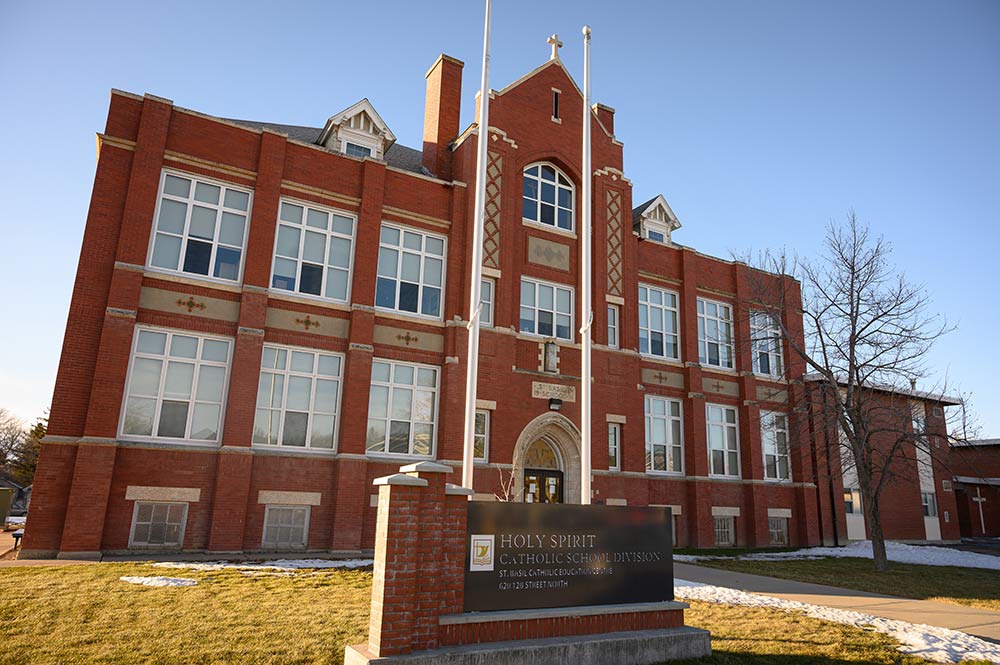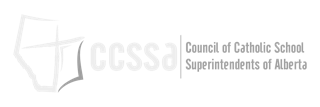- Details
- Category: Pastoral
As I went through my bookcase a few months ago attempting to write a homily (the key word here is “attempting”), I came across an old copy of the famous book by Reinhold Niebuhr called Christ and Culture.
Most people would know Niebuhr through his adapted Serenity Prayer, used in likely too many Church basements for over eight decades:
“God, grant me the serenity to accept the things I cannot change, courage to change the things I can, and the wisdom to know the difference.”
Christ and Culture is much like this prayer - it delves into how Christianity can change culture; and how culture, in turn, can change Christianity. It questions who, what, where, when, and on what side changes are made, and whether these changes are to the assistance of Christianity and the general population. During this sidetrack from writing my sermon, I could see that there was also much debate about what Niebuhr meant. Some have suggested that he proposed that Christianity should rarely influence culture. In contrast, others have said that he presents an overbearing archetype where Christianity is too influential over the general culture. And, in re-reading it, I could see how people could reach both conclusions.
After scanning through this book again, however, I was struck that this is often how any conversations and dialogues go: someone interprets you as wanting to change something, while another person seems at home. For example, a church congregation may be very comfortable hearing quotes from the Bible, but this done in another place would likely raise eyebrows. This is because the thing being said (whether it be something from Christianity or anything else) questions my agreeance with it. And because of this, ultimately, education is a question of what my life should be and what I am to do with my freedom to believe and act on what is taught. As the catechism says about humans: “God created man a rational being, conferring on him the dignity of a person who can initiate and control his actions” (CCC 1730). Openness and freedom are also at the center of all we will; as Hegel said from a purely philosophical perspective, “Freedom is the fundamental character of the will, as weight is to matter...” Openness and freedom are at the very core of who we are as human beings.
This openness and freedom is echoed in the fantastic work of Catholic schools and organizations. Catholic schools, day in and day out, seek to provide a humanity-fostering venue whereby openness to parentally-requested spiritual perspectives are met in dialogue with all other views. This is furthered by the fantastic work of our trustees in order to create an authentic culture of dialogue and openness. Catholic school boards in Alberta have been at the center of this beautiful dialogue that “we must enter into,” as St. Paul VI says (Ecclesiam Suam, 65).
One document that is particularly helpful in guiding us as we work within our society and in accordance with the requests of parents (i.e. to educate their children in a Catholic atmosphere) is from the Vatican Dicastery for Interreligious Dialogue. This document, Dialogue and Proclamation (73-74), describes the various barriers that can emerge as we seek to create places of total openness and respect. Catholic school boards have done an excellent job addressing these barriers. These include following the internal barriers within Catholicism:
1. Christians who fail to proclaim the Deposit of Faith because of fear or another reason. Trustees have done a great job addressing these in the province of Alberta through prioritizing Faith Formation for students and teachers. Expectations of literacy for both scripture and the tradition of the apostles are set in the Teacher Quality Standard, where permeation of knowledge of the Deposit of Faith is expected and evaluated at a local level by suitable supervisors.
2. Christians who cannot see God as the source of goodness from other perspectives. As St. Augustine says aptly, “all goodness is God’s”. We make sure that schools distinguish between truths that Catholics declare and the ability to see goodness in other approaches and the “seeds of truth” offered (St. John Paul II, General Audience, Sept. 9, 1998).
3. Christians who wrongly connect a culture with Catholicism and thereby seek to encourage a particular culture rather than Catholicism. Our schools strive to address areas in former years where Christians have failed to live up to the expectations of the Deposit of Faith in our history. This work has been done by incorporating indigenous education into all areas of our schools, acknowledging the genocide done to indigenous peoples in the history of Canada (Pope Francis, Flight to Rome, July 30, 2022), as well as proper theological responses to the repugnant evil of racism.
4. Christians who have not changed their lives previously to believe and live the Gospel message and the Deposit of Faith. School boards take part in various initiatives to encourage teacher involvement in their parish life. This has included pastoral and spiritual growth plans made with parish involvement. And collaborative work, through ACSTA, with the Bishops of Alberta and the NWT.
The external barriers to creating places of openness, respect, and freedom include:
1. “The weight of history” where Christians have not acted following what Christ and the Apostles taught, and thus fear and suspicion arise when Christians teach. We strive to keep the teaching and living of the Deposit of Faith central in schools. The instruction of history in various subjects is honest when Christians fail to live up to the expectation set up by Christ and His Church.
2. The identification of Catholicism with a particular culture or political system. Our schools have been clear in their close relationships with all peoples and politicians that, following the example of Christ (Mk. 12:17), Catholics work with people of all political views.
3. Indifferentism (reinterpreting any ideology/religion as teaching the same things, despite the counterclaims of an ideology/religion), Relativism (stating that religious claims to truth are only true for a particular individual), and Syncretism (a western cultural attempt to reinterpret all religions according to contemporary western philosophy). Trustees have worked with various agencies such as ACSTA to ensure school boards understand their clear Catholic identity. They genuinely respect that our parents choose Catholic schools expecting that we will abide by our unique “branding” that speaks and addresses the current ideologies of our society.
May we be guided by the Holy Spirit, the prayers of St. Mary and all the angels and saints as we seek to continue to create educational places that address these barriers in openness, kindness, and respect.
Fr. Adrian is the Ordained District Chaplain of the Calgary Catholic School District and also serves as the Vicar for Lay Associations and the Ecumenical and Interreligious Coordinator for the Diocese of Calgary.
- Details
- Written by Bishop William McGrattan
- Category: Pastoral
As part of the global Church’s preparation for the 2023 assembly of the Synod of Bishops each diocese throughout the world has summarized their experience of the first phase of reflection and dialogue on Church: Communion, Participation, and Mission (“synodal process”). It was a process of prayer, listening, and dialogue in each local Church guided by the Holy Spirit. In the Assembly of Western Catholic Bishops (AWCB) Synod Synthesis report the importance of faith education, formation and catechesis. “Access to Catholic Schools is varied from province to province, but where schools exist, they are generally expected to be responsible for catechesis. Greater collaboration between parish and school is needed to assist parents in assuming this role.” In order to achieve this goal, the report states, “suggestions focus on improving faith formation in Catholic schools, strengthening the connection between schools and parishes, and supporting school teachers in living their faith”.





